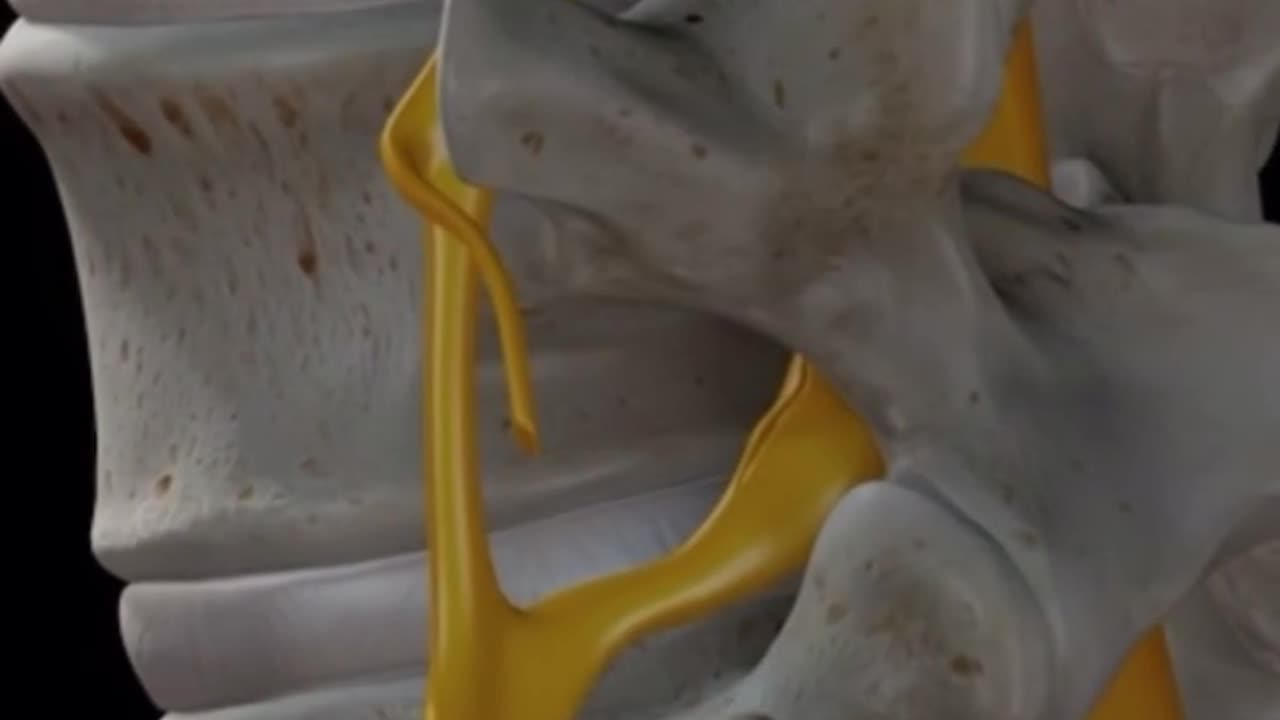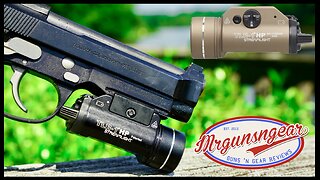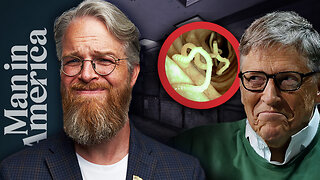Premium Only Content

Lumbar discectomy
Lumbar discectomy is the most common operation performed in the United States for lumbar-related symptoms. Lumbar disc herniation accounts for only 5% of all low back pain problems but is the most common cause of radiating nerve root pain (sciatica).
The natural history of lumbar disc herniation indicates that they may decrease in size or even disappear within a few weeks or months of onset. In migrated or extruded herniations, phagocytosis of the herniated disc by the macrophages occurs, while, in contained herniations, dehydration of the herniated nucleus pulposus plays a major role in the reduction of the herniated disc size.
Approximately 90% of acute sciatica attacks improve with conservative management; thus, the mainstay of treatment for a patient with symptomatic lumbar disc herniation continues to be nonoperative methods, such as treatment with anti-inflammatory medications, physical therapy, and lumbar injection, unless the patient has an acute or progressive neurological deficit.
Indications for lumbar discectomy include altered bladder and bowel function and progressive neurological deficits such as motor weakness or sensory deficit in the lower extremities. Surgery should also be considered in patients with radicular pain that persists after an adequate course of conservative management.
-
 2:14:16
2:14:16
Lara Logan
16 hours agoSTANDING AGAINST THE GLOBAL ELITE with Trump Ally President Milorad Dodik of Republika Srpska | Ep34
10.8K5 -
 LIVE
LIVE
Total Horse Channel
18 hours ago2025 Reno Snaffle Bit Futurity | Saturday
2,572 watching -
 1:22:10
1:22:10
Michael Franzese
4 hours agoI'm Calling Out All The Nonsense From The Left & "New" Epstein Files
54K43 -
 4:06:45
4:06:45
Grant Cardone
5 hours ago10X Wealth System LIVE: Keep More. Pay Less. Build Faster.
6.71K -
 2:35:48
2:35:48
I_Came_With_Fire_Podcast
17 hours agoCarolina Bays: The Lost Cataclysm You've Never Heard Of
23.7K8 -
![Mr & Mrs X - [DS] Trafficking Empire – The Pedo Network Island, The Cover-Up: Part 2 - Ep 6](https://1a-1791.com/video/fww1/f8/s8/1/y/p/x/f/ypxfz.0kob-small-Mr-and-Mrs-X-DS-Trafficking.jpg) 59:56
59:56
X22 Report
22 hours agoMr & Mrs X - [DS] Trafficking Empire – The Pedo Network Island, The Cover-Up: Part 2 - Ep 6
103K38 -
 1:03:07
1:03:07
Candace Show Podcast
2 days agoI’M BACK! And STILL Asking Questions (Sorry Brigitte). | Candace Ep 233
133K229 -
 13:13
13:13
Mrgunsngear
22 hours ago $8.03 earnedStreamlight TLR-1 HP Review: Can It Dethrone Surefire?
59.8K20 -
 1:26:34
1:26:34
Man in America
1 day agoExposing the Cover-Up That Could Collapse Big Medicine: Parasites
111K134 -
 1:12:09
1:12:09
Wendy Bell Radio
11 hours agoPet Talk With The Pet Doc
38.9K52